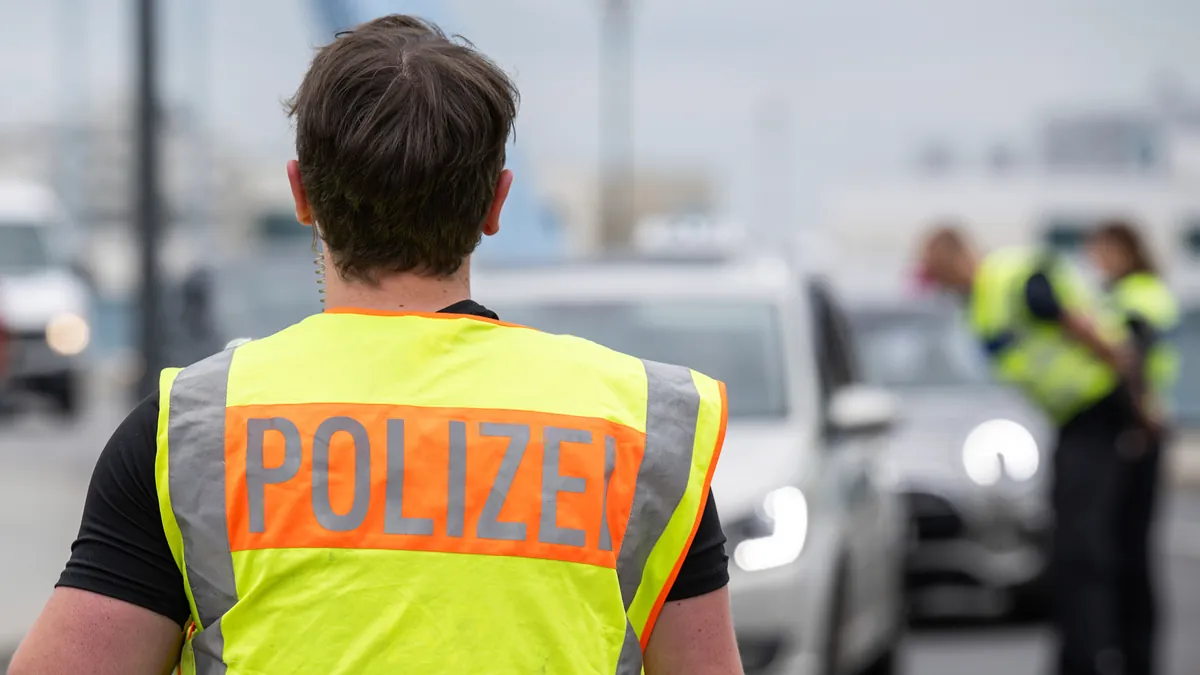In a significant shift from its previous open-border policy, Germany has implemented passport checks at all its land crossings. This decision, announced by Chancellor Olaf Scholz on September 16, 2024, marks a departure from the approach of former Chancellor Angela Merkel, who famously welcomed refugees during the 2016 crisis.
The new measures, set to last for six months, have particularly intensified on the German-Polish border. At the crossing between Frankfurt an der Oder and Słubice, vehicles face delays as border guards scrutinize roughly one in forty cars. This has resulted in traffic congestion extending into Poland.
Interior Minister Nancy Faeser justifies the controls as necessary to "protect against the acute dangers posed by Islamist terrorism and serious crime." However, critics argue that the move is primarily a political maneuver to appease far-right sentiments, particularly in light of the Alternative for Deutschland (AfD) party's recent electoral success in Thuringia.
The impact on local communities has been significant. Frankfurt an der Oder and Słubice, forming a "Doppelstadt" or twin city, are experiencing disruptions to their integrated daily life. Charlotte Grunberg, a student at Viadrina University, expressed concern:
"It is problematic for us because we are a Doppelstadt, and a university town with many international students. It's completely political for Scholz, he is doing this because the AfD has gone after the issue of migration."
The border controls have elicited mixed reactions. While some residents support the measures, others worry about the economic and social consequences. Jan Augustyniak, leader of a local campaign group, warns of the anxiety and disruption caused by the checks, drawing parallels to the divided past of East Germany.
The decision has broader implications for the European Union's Schengen zone, which typically allows free movement between member states. Other EU countries have expressed concerns, with Greek Prime Minister Kyriakos Mitsotakis stating, "The response [to migration] cannot be unilaterally scrapping Schengen and dropping the ball to countries which sit at Europe's external borders."
Meanwhile, far-right politicians across Europe, including Geert Wilders in the Netherlands and Marine Le Pen in France, have welcomed Germany's move, calling for similar measures in their own countries.
As Germany grapples with the challenges of migration and political pressures, the future of open borders within the EU hangs in the balance. The coming months will reveal whether these temporary measures become a new norm or if the spirit of Schengen will prevail.
